Republican officials are questioning Trump’s tariff regime behind the scenes, says Sen. Rand Paul. ‘They whisper in my ear: Free trade is good’
GOP donors and think tanks are starting to publicly denounce President Donald Trump’s policies, which led to a historic stock market rout.

- Sen. Rand Paul (R-Ky.) said he’s heard from his fellow Republicans in private about their disagreement over President Donald Trump’s tariff policies. Meanwhile, major donors like Tesla CEO Elon Musk and Citadel founder Ken Griffin are speaking out against the administration’s tariffs.
Republican officials are expressing reservations in private about President Donald Trump’s tariff policies.
Sen. Rand Paul (R-Ky.), who has emerged as a lone voice in support of repealing Trump's tariffs, said he’s heard similar views from his colleagues. He characterized the murmurs of dissent as “quiet whispers.”
“They whisper in my ear, ‘free trade is good,’” Paul told CNBC on Tuesday. “Keep going. Keep going. But they don't want to say it because of the politics of it.”
Since Trump announced widespread tariffs on nearly all of the U.S.’s trade partners last week, Paul has been resolutely against the new trade policy. Paul, an avid supporter of free trade, said he views the tariffs as unnecessary barriers to the flow of goods between countries.
“The whole debate is so fundamentally backwards and upside down,” Paul told CNBC. “It's based on a fallacy. And the fallacy is that somehow in a trade someone must lose. That somehow, when you trade with someone, there's a loser and someone's taking advantage of you and China's ripping you off, or Japan's ripping you off.”
Sen. Ted Cruz (R-Texas) has also spoken out against the new tariff policies. Cruz said there were certain advisers in the White House who wanted tariffs to remain high as the standard U.S. policy, which he said he hoped would not be the case.
“If we’re in a scenario 30 days from now, 60 days from now, 90 days from now, with massive American tariffs and massive tariffs on American goods and every other country on Earth, that is a terrible outcome,” Cruz said on an episode of his podcast, Verdict with Ted Cruz, last week.
Paul's office did not return requests for comment. The White House did not immediately respond to Fortune’s request for comment.
Both Cruz and Paul also pointed to the political consequences of sticking to a policy that has caused one of the worst stretches in the stock market in recent memory. The pair of senators said Republicans risked a rout in the midterm elections and beyond if the president’s policies hurt Americans’ savings.
Whatever private discontent may have been brewing among Republicans on Capitol Hill has already erupted elsewhere in GOP politics. Conservative think tanks and major party donors have openly denounced the policy since it was announced.
The American Enterprise Institute (AEI), a D.C.-based think tank and free-market advocate, criticized the policy and the methodology by which the Trump administration determined their tariff rates. After reading through a memo released by the U.S. Trade Representative's office, two AEI economists noticed a mistake in the math that inflated the tariff rates by about four times what they should have been.
At the same time, top Republican donors ripped the tariff policy for the turmoil it caused in global markets.
Home Depot founder and Republican megadonor Ken Langone called the tariffs “bullsh-t” in an interview with The Financial Times. Langone also took issue with what he saw as arbitrary implementation of specific tariff rates.
“Forty-six percent on Vietnam?” he questioned. “Come on. You might as well tell them, ‘Don’t even bother calling.’”
Other finance titans like Duquesne Capital founder Stanley Druckenmiller and Citadel CEO Ken Griffin came out against the tariffs. Druckenmiller said he didn’t support any tariffs above 10%, which is the minimum threshold imposed by the White House. While Griffin, who gave tens of millions in donations to the GOP last year, labeled tariffs a “huge policy mistake.” Griffin said he was skeptical of the policy last year as well. Shortly after Trump’s election in November, Griffin said his proposed tariff policies could lead to “crony capitalism” where firms that curry favor with the president would receive preferential treatment.
Among the most notable rifts among the president’s supporters is the public spat with Musk, who donated more than any other individual to Trump’s reelection campaign and became a key adviser in cost-cutting measures, and Peter Navarro, the architect of the tariff policy. Despite his close relationship with Trump, Musk has been lukewarm on tariffs. He reportedly personally intervened to ask Trump to back away from the policy. Navarro, who is an ultra-hawk on tariffs, took issue with Musk’s words and belittled Tesla’s U.S. manufacturing presence, saying it sourced many parts from abroad.
Musk refuted those claims and called Navarro “truly a moron” and “dumber than a sack of bricks” in two X posts published Tuesday.
During a public appearance in Italy this week, Musk proposed a “zero-tariff situation” between the U.S. and Europe. Musk’s proposal amounted to effectively advocating for a free-trade zone between the EU bloc and the U.S.
Paul advised countries hit with tariffs to not raise them in response, saying that would only further damage global trade. Throughout his critiques, Paul also questioned some of the logic underpinning the Trump administration’s new policies. In particular, he took issue with the administration’s focus on reducing trade deficits with other countries.
“You could artificially do this accounting between countries and say ‘oh, look at this trade deficit,’” Paul said. “But I have a trade deficit with my grocery store.”
This story was originally featured on Fortune.com



























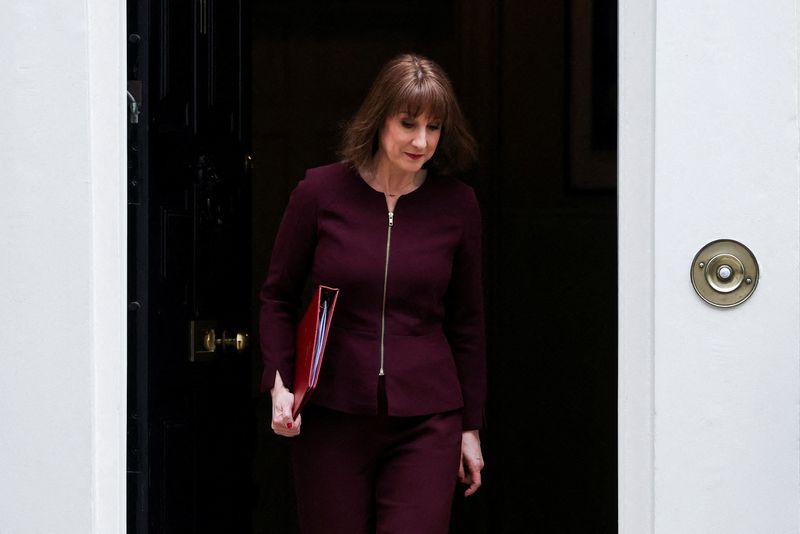



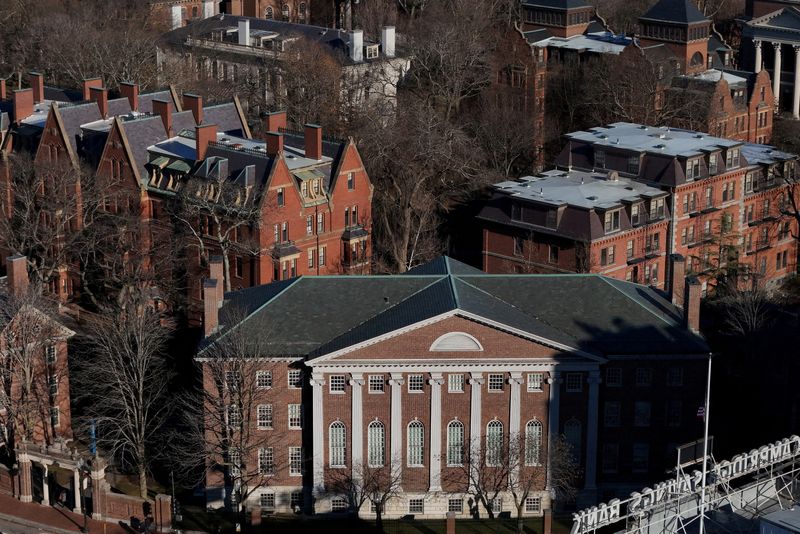
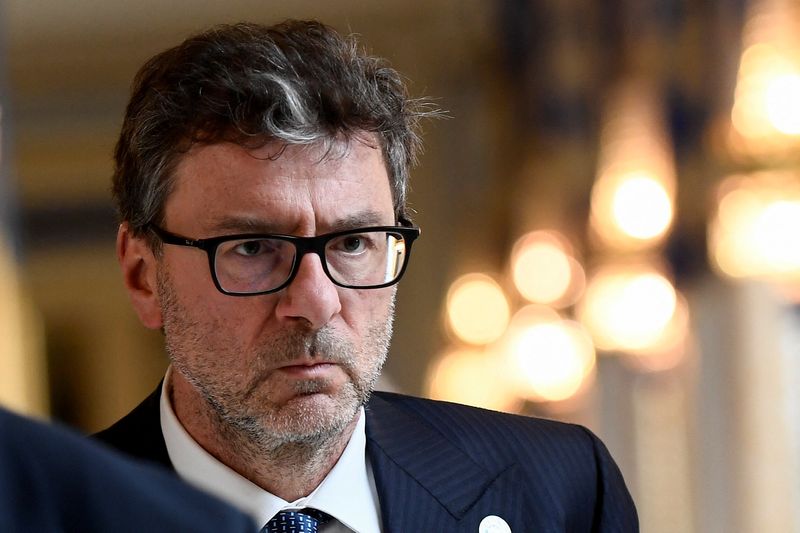










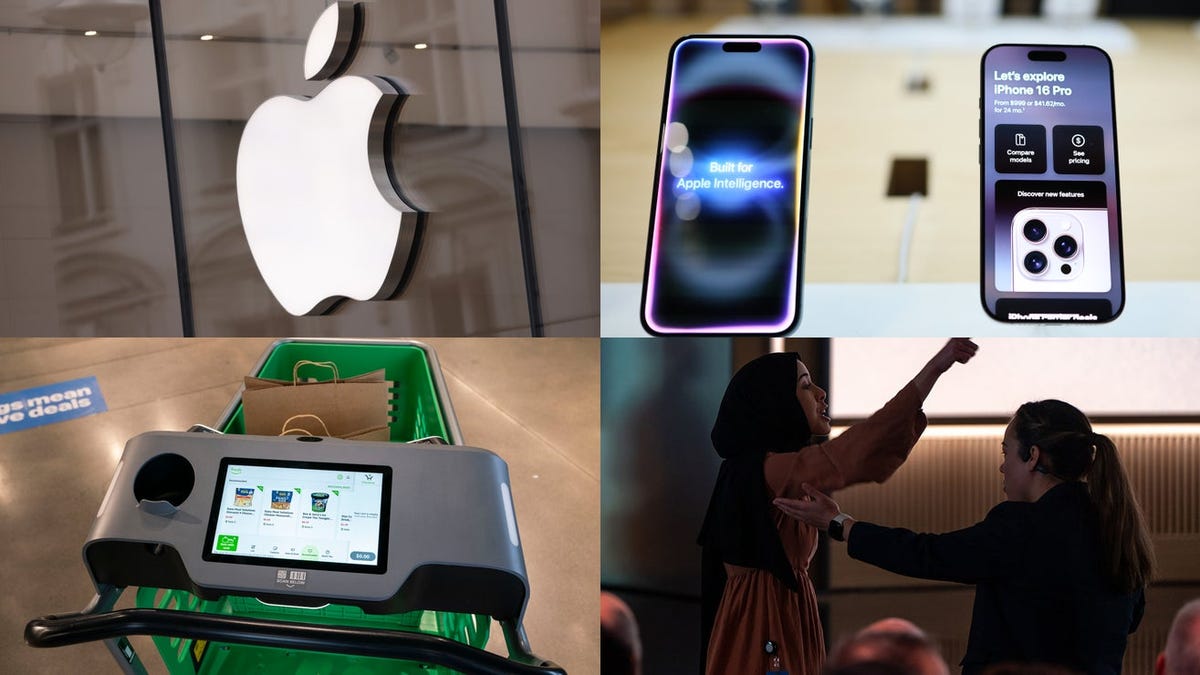
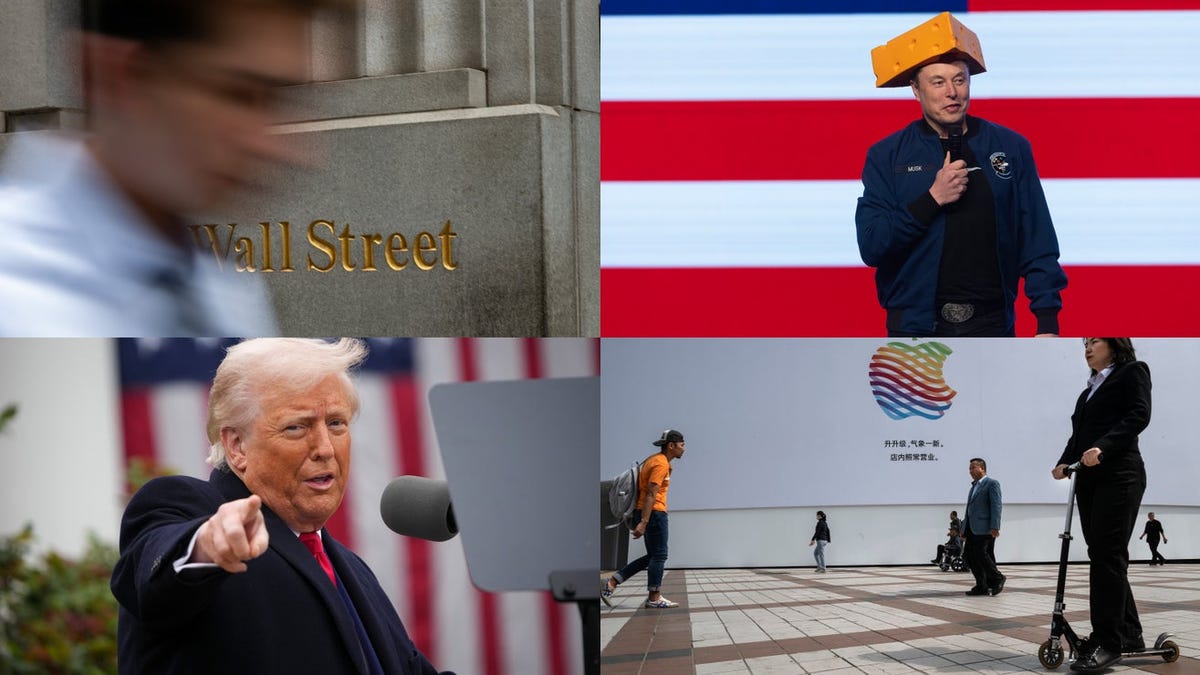
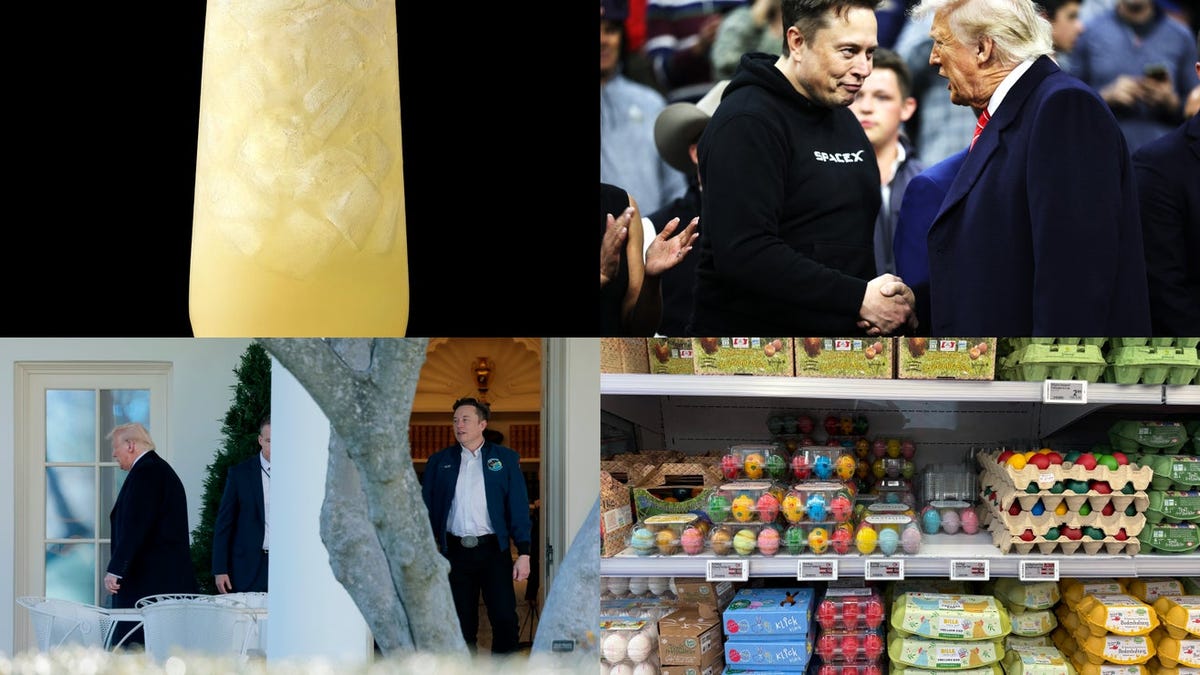
















































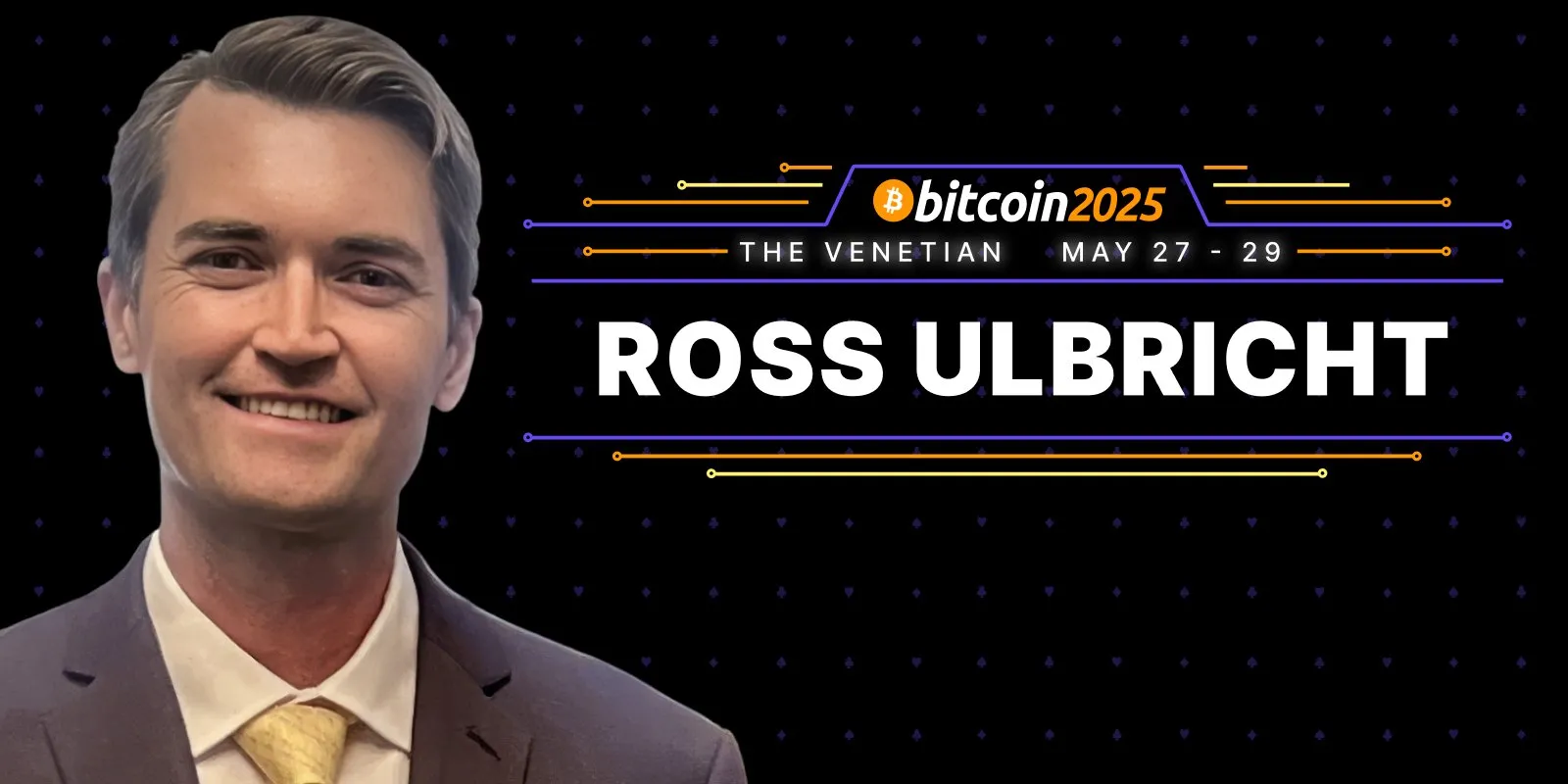
















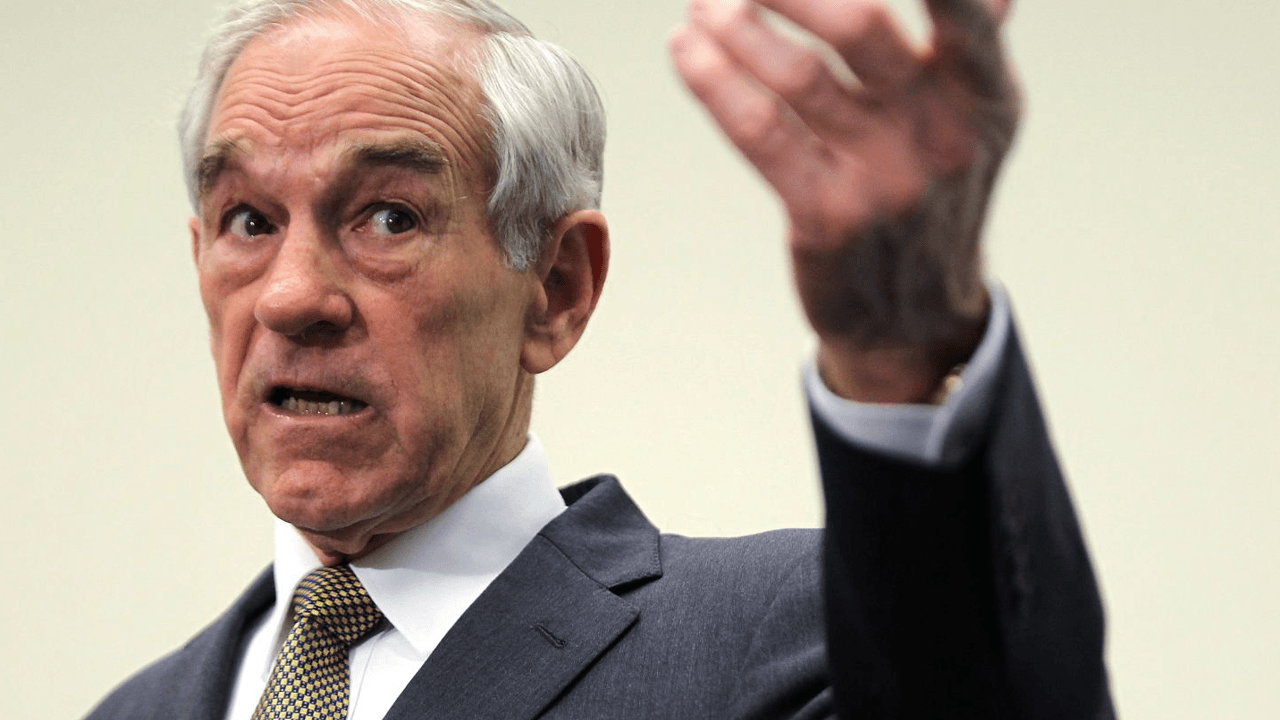


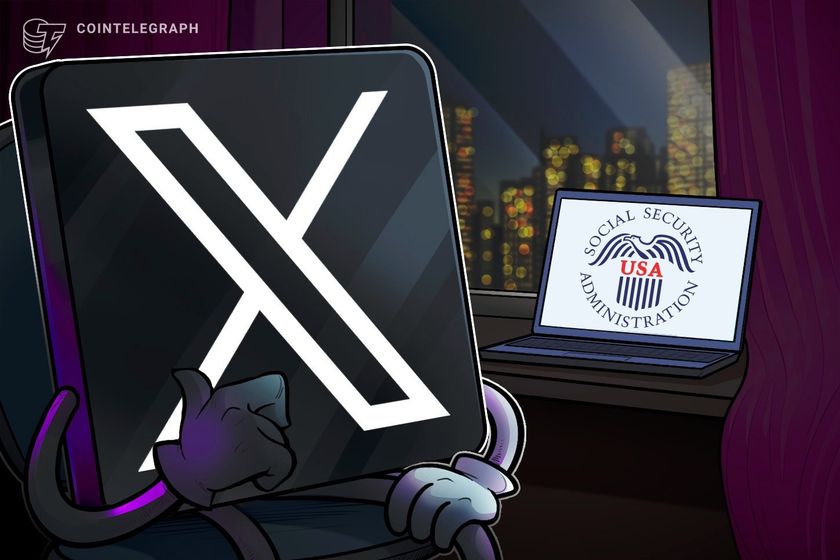
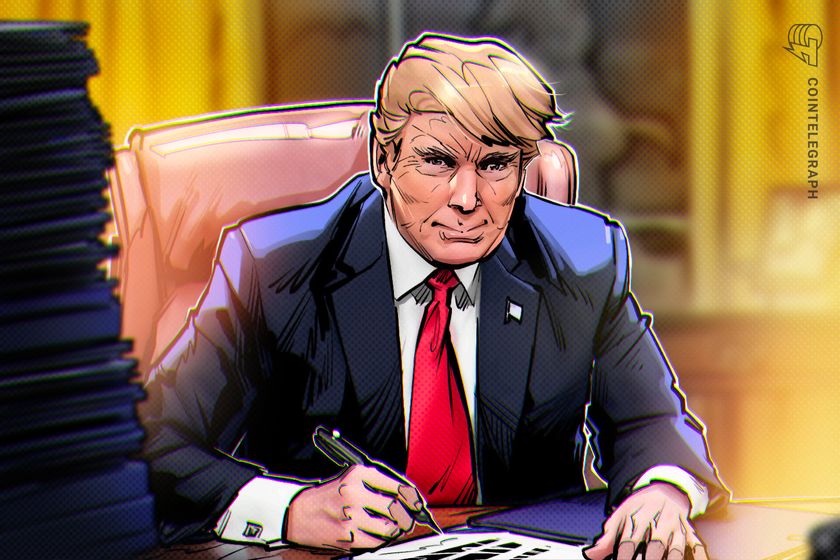






















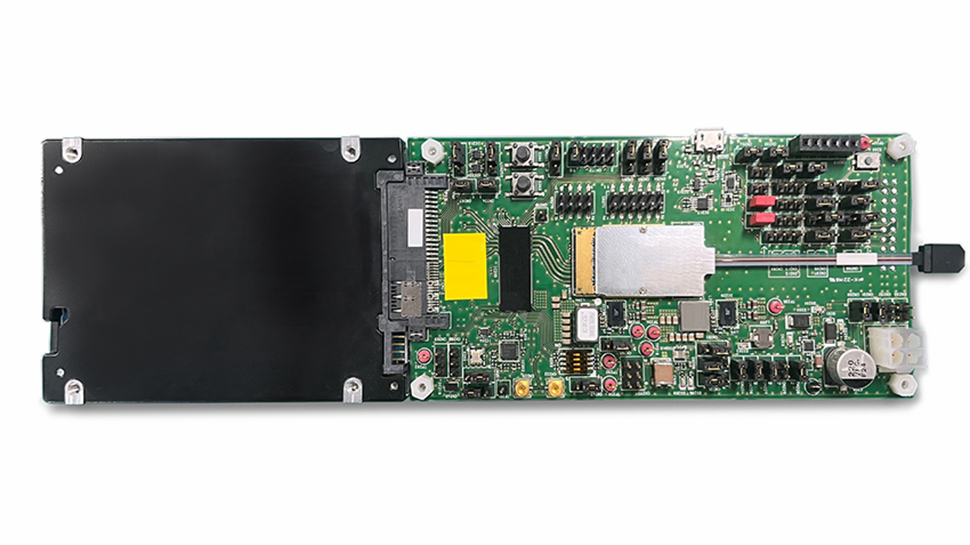
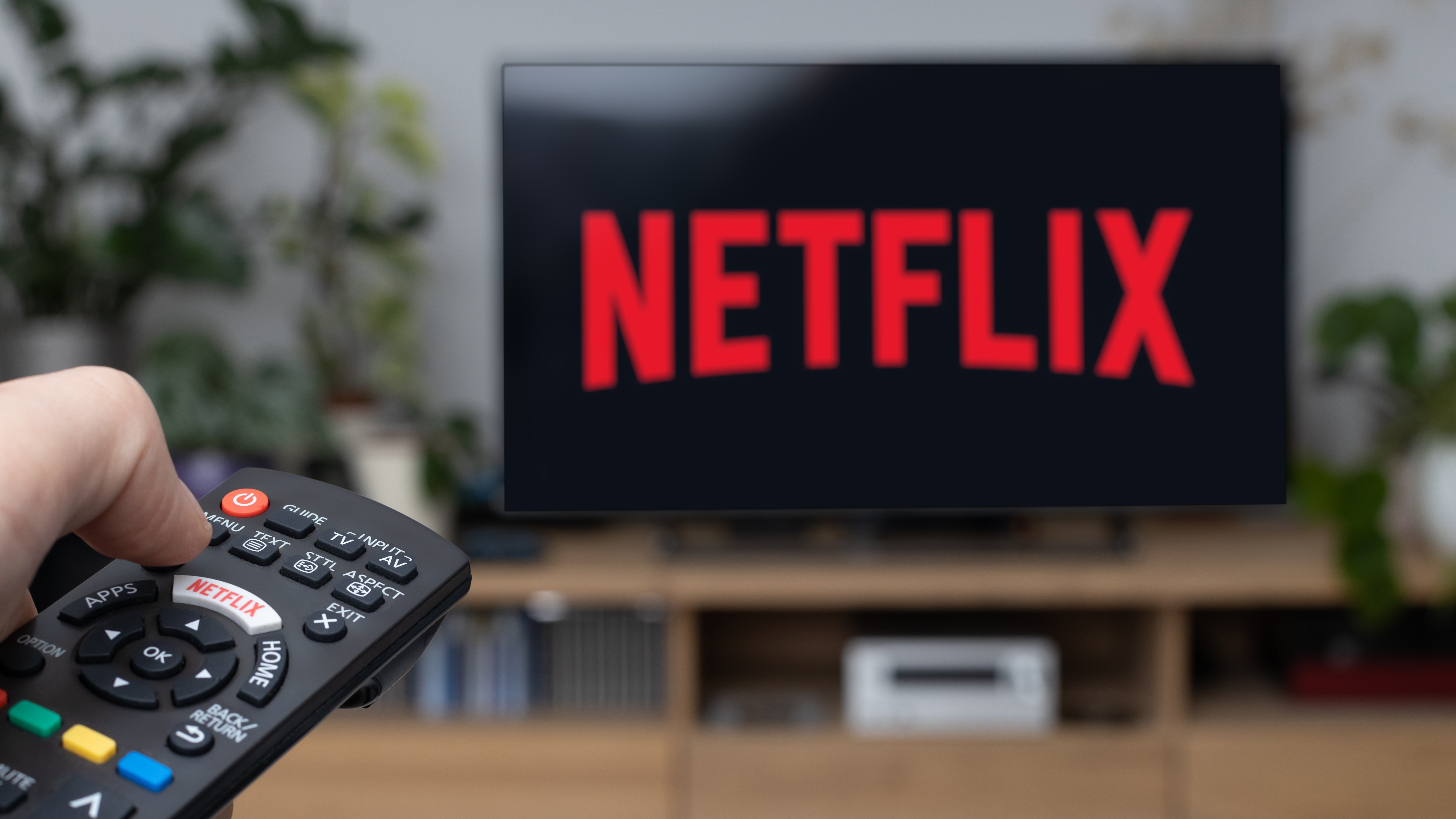














































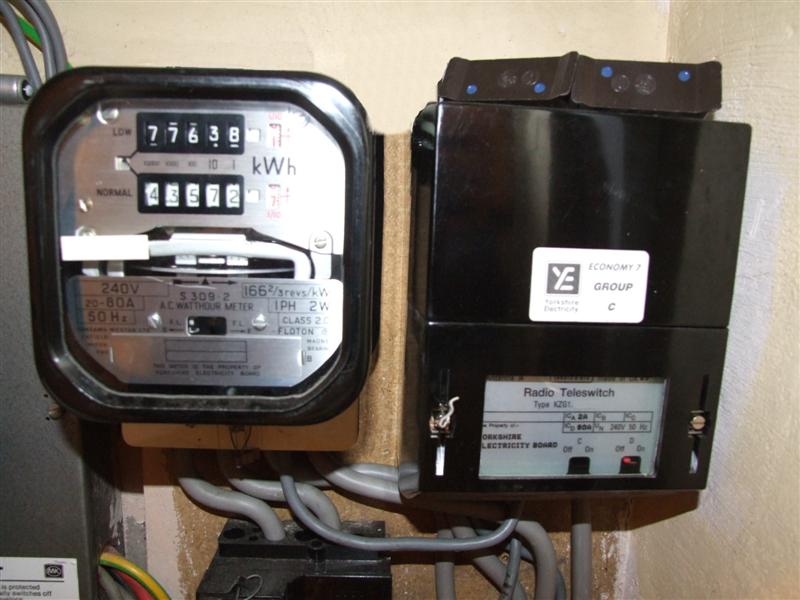





![How to Find Low-Competition Keywords with Semrush [Super Easy]](https://static.semrush.com/blog/uploads/media/73/62/7362f16fb9e460b6d58ccc09b4a048b6/how-to-find-low-competition-keywords-sm.png)


